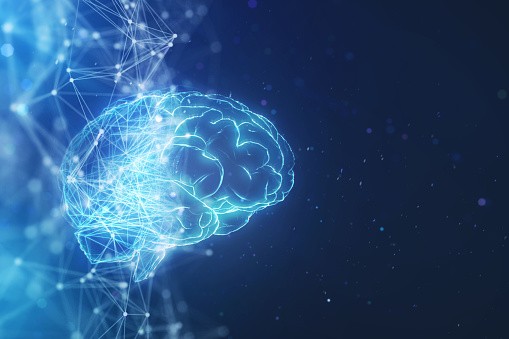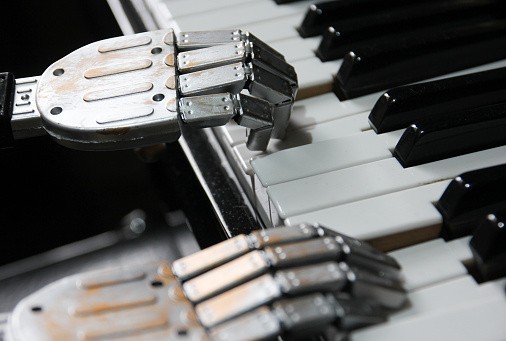Artificial intelligence and its not-so-positive reputation have always stemmed from one thing: its apparent superiority over human intelligence. Compared to a very smart person, a computer is simply faster in a lot of aspects. What would take human years to process will only take minutes for AI, and that's a fact.
As such, comparing the two types of intelligence yields proof that they are, indeed, quite different from each other. But just how different, exactly?
Artificial Intelligence 'Learns' In A Distinct Way
When you talk about a machine's learning capabilities, artificial intelligence can only learn one way: if it is fed a certain amount of data. According to AnalyticsSteps, the biggest differentiator between AI and human intelligence is the fact that humans can think and learn from past mistakes.

People learn to improve because of trial-and-error because they can look back into past events and infer the best solutions from there on out. Artificial intelligence simply cannot do that and can only focus on the data being fed into it at the moment. This also leads to another major difference, which is...
AI Is Strictly Objective, While Human Intelligence Can Play Both Sides
Since artificial intelligence can only "infer" about the data being presented to it at a certain moment, their decisions are limited to being strictly objective. An AI will never make a decision without strictly consulting numbers, writes GeeksForGeeks. On the other hand, humans can be both objective and subjective, which gives them a wider perspective on things before making a decision.
Read also: Artificial Intelligence Creates an Entire Game From Scratch
AI Doesn't Adapt to Changes Well
The main advantage of artificial intelligence is that it's extremely good at keeping a routine. It can do the same thing over and over again without getting tired or frustrated, because it physically can't. As a result, it can only maintain a routine and can never adapt to change as quickly as a human would. It can only adapt once a human operator programs it with new instructions. That's it.
Artificial Intelligence's Processing Speed Is Off the Charts
Humans can adapt to sudden changes much quicker, sure. But the human brain can only focus on one thing at a time, thereby increasing the amount of time they need to solve a problem. A human brain can never beat an AI's level of focus, and this is why artificial intelligence programs such as DeepMind have been able to achieve things such as predicting 350,000 protein structures in minutes when a human scientist can only deal with one structure in a span of months.
AI Can Never Think in Abstract
You can train an AI to play the piano from a music sheet almost as well as a human player. Or, you can train it to make a playable video game by feeding it pre-existing data. That's because of their data processing capabilities. However, artificial intelligence can never be able to just create a tune out of thin air like a human pianist or an entirely new video game like human game dev.

In other words, you can never ask a machine to create art because it can't "think" in an abstract way. An AI can only see the superficial, but never something between the lines. It doesn't understand hidden meanings, nor can it interpret them.
Related: Artificial Intelligence to Hunt for Dark Energy Using this INSANELY POWERFUL Supercomputer
This article is owned by Tech Times
Written by RJ Pierce












